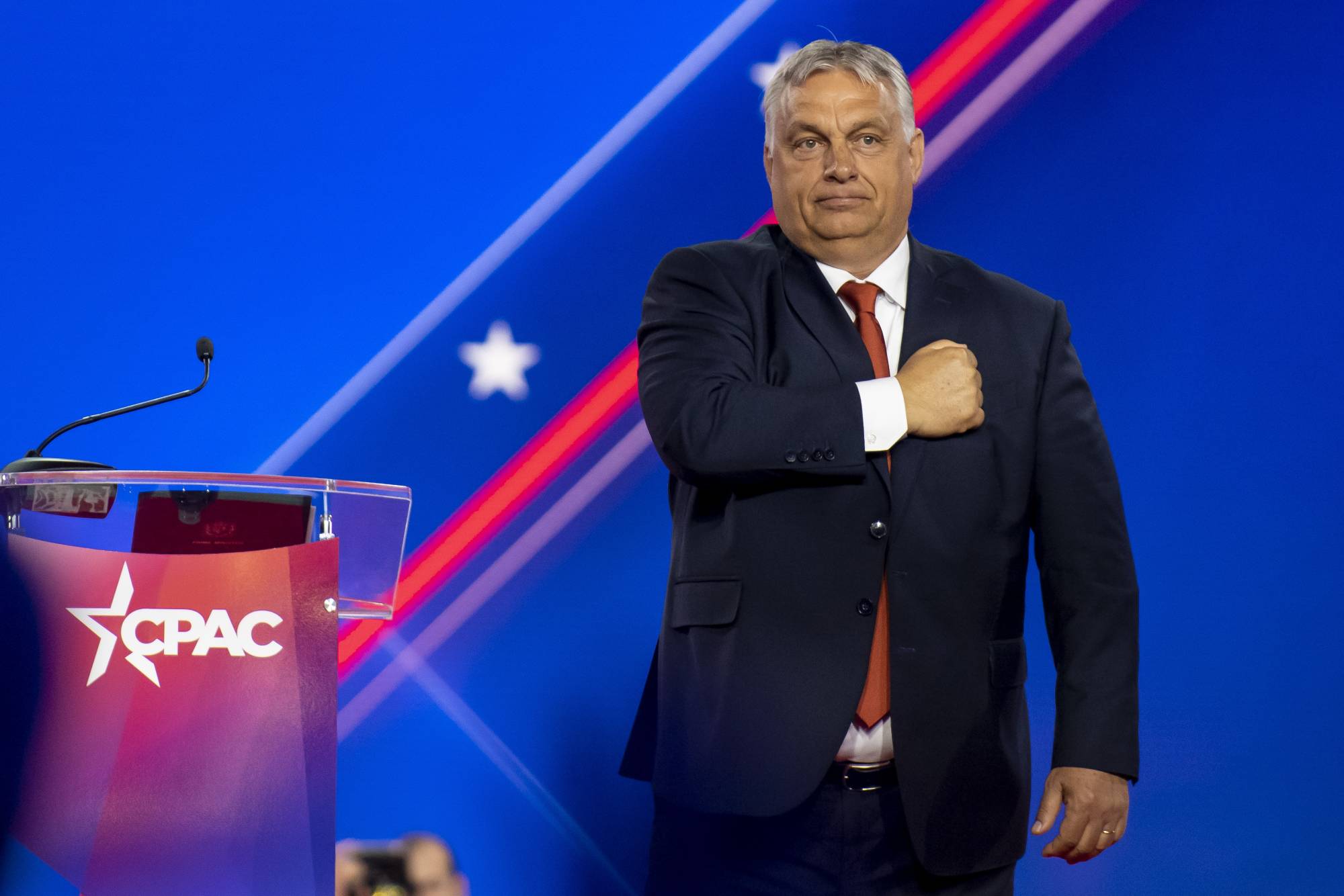Viktor Orban has said many silly and sinister things during his long tenure as Hungary’s prime minister.
But his recent speech arguing that Europeans do not want to live in “mixed race” countries — and that European countries that allowed their native bloodlines to blend with other races were “no longer nations” — definitely represents a new low. In his speech, Orban declared that Hungarians were willing to “mix” socially with others but “do not want to become a mixed race.” Instead of being ostracized for his racist demarche, Orban gave the keynote speech at the Conservative Political Action Conference, the premier American right-wing meeting in Dallas.
Orban’s speech was a moment of remarkable candor for the Hungarian prime minister who, over the past dozen years, has mostly tried to disguise his race-baiting and anti-Semitic tendencies. His comments, made during a meeting with members of the Hungarian community in Romania, were so reviled that they caused his longtime adviser, Zsuzsa Hegedus, to announce her resignation after two decades by his side.


















With your current subscription plan you can comment on stories. However, before writing your first comment, please create a display name in the Profile section of your subscriber account page.